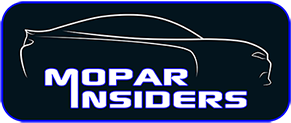Deckard Cain
Well-known member
- Joined
- Oct 8, 2018
- Messages
- 702
- Reaction score
- 539
- Points
- 93
Interview of a portuguese website with Carlos Tavares
He has some very interesting views about the chinese market, he talks about solid state batteries and that they must be compatible with the battery factories that are being built in the next few years.
He has some very interesting views about the chinese market, he talks about solid state batteries and that they must be compatible with the battery factories that are being built in the next few years.

